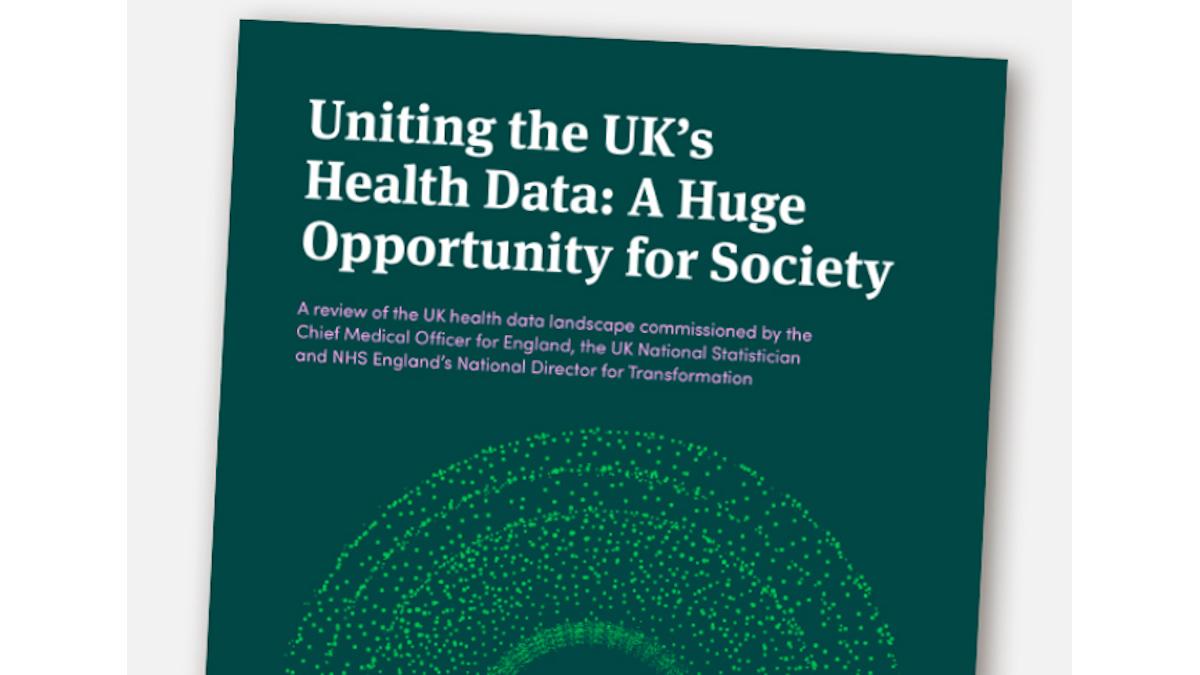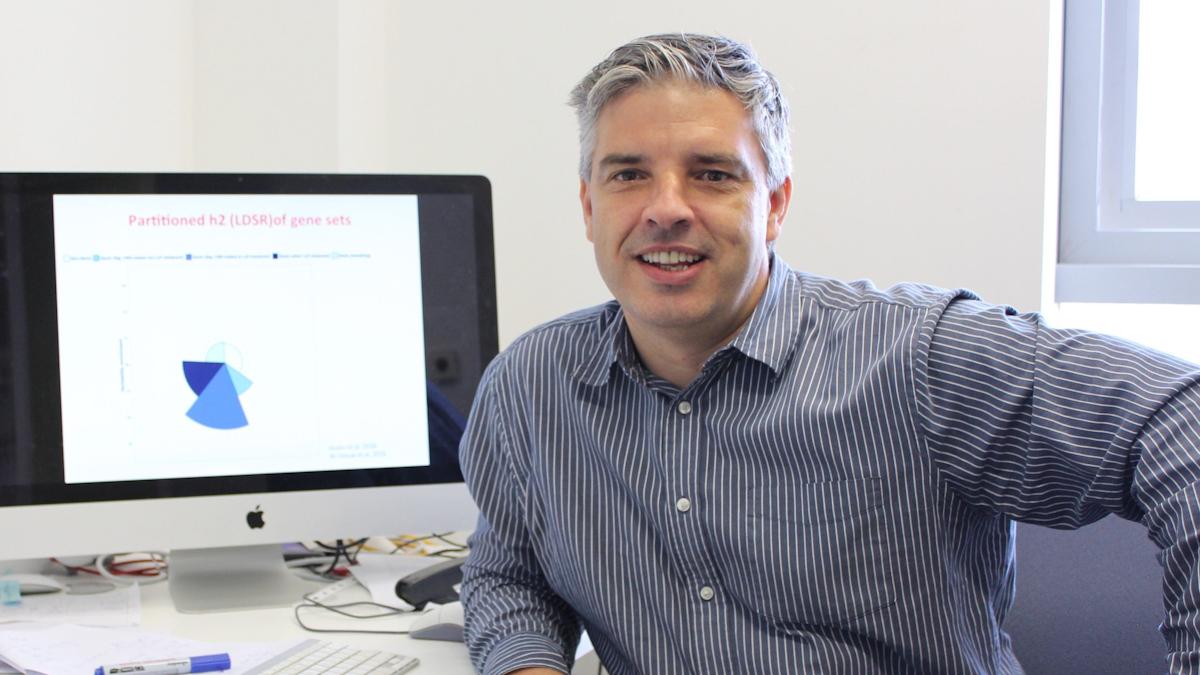UK health data ecosystem 'is hampering research'

The UK is squandering the vast resource of NHS patient data because too many obstacles are being placed in front of researchers trying to tap into it – holding back medical advances.
That is the conclusion of the much-anticipated Sudlow Review – carried out by Professor Cathie Sudlow, chief scientist of Health Data Research (HDR) UK – which found that accessing patient data can take months or even years, hampering research into areas like dementia, cancer, and heart disease.
The review, called Uniting the UK's Health Data: A Huge Opportunity for Society, makes a number of recommendations for policymakers and healthcare leaders to unlock the unique potential of NHS data as a population-wide resource that goes back for decades and also includes related information on factors like social care, housing, and pollution.

"Far too often, research about health conditions affecting millions of people across the UK is prevented or delayed by the complexity of our data systems. We are letting patients and their families down as a result," said Sudlow.
"This review shows that getting this right holds a great prize, for our own care and for an effective NHS," she added. "We need to recognise our national health data for what they are: critical national infrastructure that can underpin the health of the nation."
The current data ecosystem includes a large number of legal checks and balances that have been introduced over the years to safeguard patient privacy, make sure data is not used for purposes like insurance or marketing, and guarantee that people can know how their data is being used.
While surveys have shown that people in the UK generally support the use of their health data with appropriate safeguards to improve lives, there are concerns about patient consent and the risk of data being surrendered to commercial enterprises, including organisations not based in the UK, which prompted millions of people to opt out of a GP data-sharing scheme that was eventually abandoned in 2021.
Those concerns were exacerbated by a decision by NHS England to award a contract worth up to £330 million to create a platform to bring together existing NHS data into a single framework with US group Palantir, whose chairman – Donald Trump ally and PayPal co-founder Peter Thiel – has said publicly he believes the NHS should be privatised.
The focus of the Sudlow Review was to map sources of health-relevant data across the UK and recommend how to best manage the data to improve health while maintaining privacy and trust.
The recommendations include the creation of a joined-up strategy to make NHS data a critical national infrastructure, backed up by a national health data service for England – including GP data – with accountable senior leadership.
The formulation of the strategy should be overseen by the Department of Health and Social Care (DHSC), with the views of "patients, public, health professionals, policymakers and politicians," taken into account, according to the document.
While those recommendations are focused on England, Sudlow also says that all four UK nations should work together on data access and governance processes to allow sharing, backed by a UK-wide system of standards and accreditation for organisations holding health and care data.
Baroness Gillian Merron, health minister for life sciences and innovation, welcomed the review, saying: "As part of our 10-Year Health Plan we will shift the NHS from analogue to digital – accelerating research through secure access to data whilst also driving growth and investment in the economy."
The work was also endorsed by Professor Sir Rory Collins, chief executive of UK Biobank, who said: "We must now treat the UK's health data like the critical infrastructure that it is [and] use the […] wealth of de-identified health data carefully, securely, and to its full potential."
He added: "The implementation of the Sudlow Report recommendations will truly be a transformative moment for health research and healthcare delivery."












